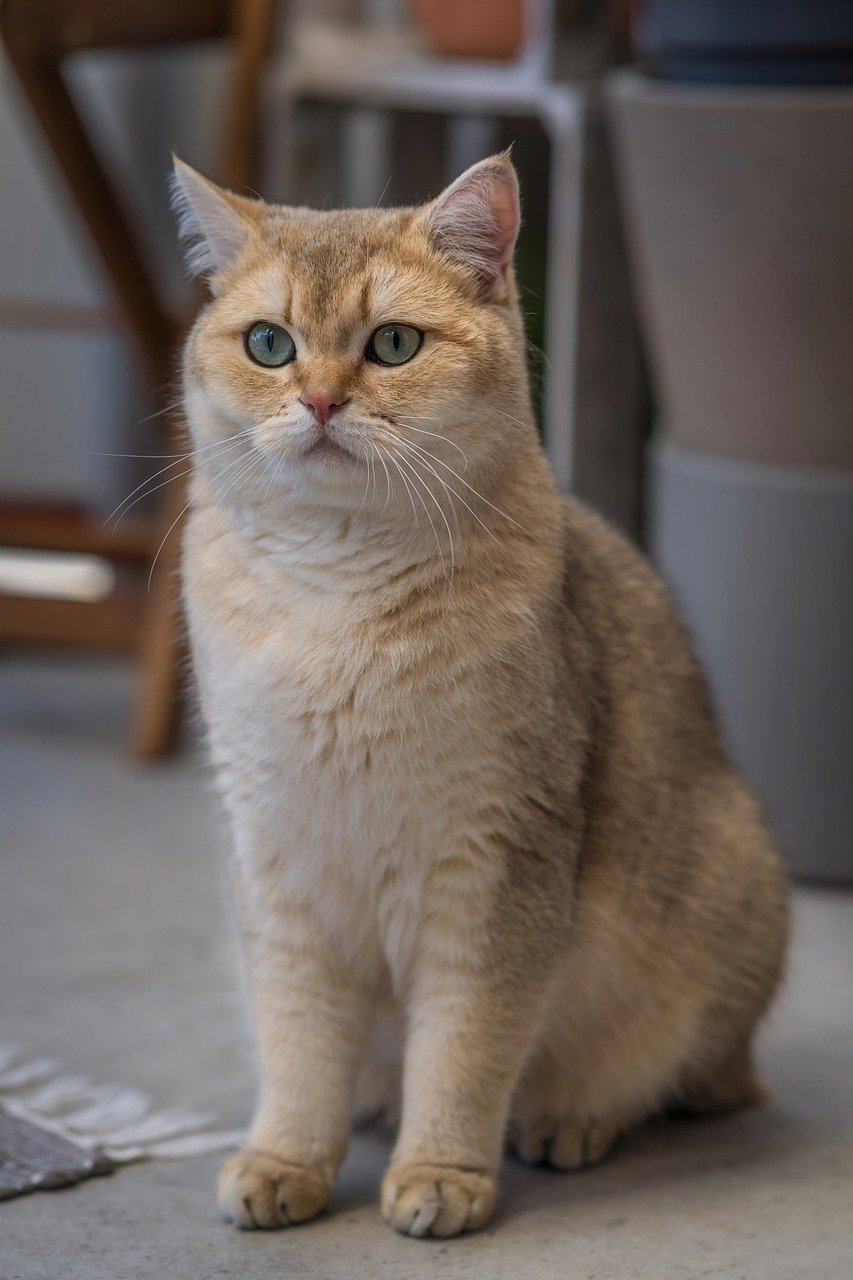
As our beloved feline companions age, their needs evolve in ways that require our attention and care. Recognizing the signs of aging in your cat is the first step toward ensuring they live their golden years comfortably and happily. This guide covers essential care tips tailored for senior cats, helping you navigate the unique challenges that come with feline maturity.
Understanding Senior Cats: When Do Cats Become Seniors?
Before diving into care tips, it’s essential to understand when a cat is considered a senior. Generally, cats are classified as senior around the age of 7, but this can vary depending on their health, breed, and lifestyle. While some cats may remain sprightly well into their teens, others may show signs of aging earlier.
Signs Your Cat Is Aging
Recognizing the signs of aging is crucial for proactive care. Look for these indicators:
- Decreased Activity: If your cat prefers lounging over playtime, it might be a sign of aging.
- Changes in Weight: Noticeable weight loss or gain can indicate health issues.
- Behavioral Changes: Increased irritability or withdrawal can be signs of discomfort.
- Dental Issues: Bad breath, difficulty eating, or tooth loss may occur.
- Changes in Grooming: Seniors might groom themselves less, leading to a dull coat or matting.
By being vigilant about these signs, you can provide the right care and seek veterinary assistance when necessary.
7 Senior Cat Care Tips You Need to Know
Caring for an aging cat can be rewarding and challenging. Here are seven essential tips to help you provide the best care for your senior feline friend.
1. Regular Veterinary Check-Ups
Regular vet visits become increasingly important as your cat ages. Aim for at least twice a year for senior cats.
Why Are Regular Check-Ups Essential?
- Early Detection: Many health issues, such as kidney disease or diabetes, are more common in senior cats and can be managed better with early detection.
- Vaccination Updates: Ensure your cat is protected against diseases with updated vaccinations.
- Dental Care: Dental health is crucial for overall well-being; your vet can recommend dental cleanings or treatments if needed.
2. Nutritional Needs Change
As cats age, their nutritional needs shift significantly. A well-balanced diet tailored for senior cats can enhance their quality of life.
What to Look For in Senior Cat Food
- High-Quality Proteins: Choose foods that list real meat as the first ingredient.
- Lower Caloric Density: Senior cats may become less active, so foods with fewer calories can help manage their weight.
- Added Supplements: Look for foods with added omega fatty acids, glucosamine, and taurine to support joint health and overall well-being.
3. Maintain a Healthy Weight
Weight management is critical for senior cats, as obesity can exacerbate health issues.
Tips for Weight Management
- Portion Control: Follow feeding guidelines on your cat’s food packaging and measure portions.
- Regular Feeding Schedule: Keep a consistent feeding schedule to regulate their appetite.
- Limit Treats: Treats should only make up a small percentage of their diet. Consider healthy options like freeze-dried meats or low-calorie treats.
4. Enhance Comfort at Home
Creating a comfortable environment is essential for your aging cat.
Ways to Enhance Comfort
- Cozy Beds: Provide soft, supportive beds in quiet areas of your home where your cat can retreat to relax.
- Temperature Control: Senior cats can be more sensitive to temperature changes. Ensure they have a warm spot to curl up in during colder months.
- Easier Access: If your cat struggles to jump, consider using ramps or stairs to help them access their favorite spots.
5. Keep Them Engaged
Mental and physical stimulation remains important for senior cats.
Fun Ways to Engage Your Senior Cat
- Interactive Toys: Use toys that encourage gentle play without requiring excessive energy.
- Puzzle Feeders: These can stimulate their minds and slow down their eating.
- Quality Time: Spend time with your cat, offering gentle pets and attention to keep their spirits high.
6. Monitor Health and Behavior Changes
Be vigilant about any changes in your cat’s behavior or health.
What to Watch For
- Litter Box Habits: Any changes in bathroom habits can indicate underlying health issues.
- Drinking Patterns: Increased thirst can signal diabetes or kidney disease, while decreased drinking can lead to dehydration.
- Mobility Issues: If your cat seems stiff or struggles to jump or climb, consult your vet.
7. Dental Care is Essential
Dental health is often overlooked but is crucial for senior cats.
How to Maintain Dental Health
- Regular Check-Ups: Schedule dental cleanings as recommended by your vet.
- Dental Treats and Toys: Offer dental-specific treats or toys that promote chewing and help reduce plaque buildup.
- Brushing: If your cat tolerates it, brushing their teeth can significantly improve their oral health.